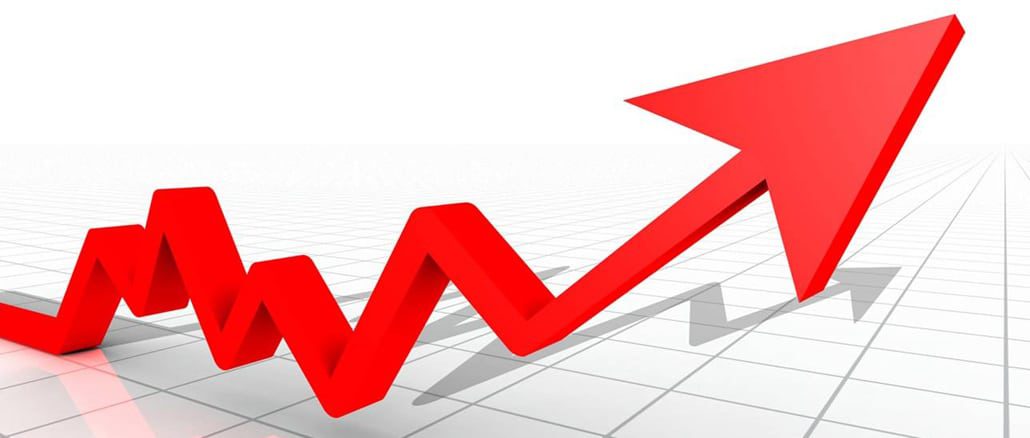
BOJ’s latest rate hike a compromise
Financial analysts are viewing the Bank of Jamaica’s latest rate hike as a compromise for the market, as uncertainties linger over the duration of global inflationary pressures.
The interest rate was raised by a further 50 basis points effective November 17 to 2%, up from the 1.5% it was increased to back in October.
The move, along with the BOJ’s other strategies dealing with Jamaican dollar liquidity and movements in the foreign exchange market, are aimed at containing local inflation numbers with the 4%-6% target range. On Monday the Statistical Institute of Jamaica (STATIN) reported that the 12-month inflation rate continued to breach the upper limit in October, standing at 8.5%.

Equities Trader at JMMB, Clive Charlton
Speaking on Taking Stock with Kalilah Reynolds, Equities Trader at JMMB, Clive Charlton said the Bank’s decision to further hike the interest rate should not have come as a surprise, especially for people who understand the financial industry. He said while there were some discussions on whether the rate would have gone up by 100 points, a 0.5% increase also reinforces the Bank’s position of being “stuck between a rock and hard place”.
“I think there’s a compromise with that rate given what we’re facing. I think it’s the best we can do and we have to wait and see how the economy reflects,” he said.
Charlton reasoned that financial institutions specifically are concerned because financial assets and balance sheets may quickly erode, forcing these banks to face some regulatory issues which they would otherwise want to avoid.
“We know on the good economic side, it will impact prices going forward and it might slow down business enterprise.
He also said Banks can still afford to absorb the increase in the interest rate based on the significant margin that still exists between the actual policy rate and their average lending rate of between 10% and 13% in some cases.
Some institutions such as the VM Group had noted that they would not be passing on the recent triple hike from the historic 0.5% to the 1.5%.
According to Charlton, stakeholders should start to express concern when the rate gets to around 4%. However he also reasoned that by then there’ll likely be some pull back on the inflation rate, with companies also adjusting their position to be in a more comfortable space to continue business operations.

Business Writer at Jamaica Observer, David Rose.
Meanwhile Business Writer at the Jamaica Observer, David Rose said he was not expecting another hike at this point in time, and was projecting that a further hike would have come during the first quarter of 2022.
He argued that even though the Bank has been reducing monetary accommodation, it will still be a challenge to contain inflation now due to the general trend also being experienced overseas.
“The US inflation rate is at 6.2% so it’s really going to be a game at some point. However BOJ has to pursue its mandate to keep inflation low with the measures but at the same time it’s going to hurt a lot of companies [and individuals] in some sense,” said Rose.
He explained that people with variable rate loans tied to the BOJ’s policy rate will now see those loans getting more expensive. People also looking to get a new loan are also looking at higher rates should the banks now decide to pass on the price to consumers.
Financial Coach, Founder and CEO of Profit Jumpstarter, Keisha Bailey also believes the move will not provide much help in controlling inflation as external factors continue to drive up the price of goods and services.

Financial Coach, Founder and CEO of Profit Jumpstarter, Keisha Bailey.
We have very little control over consumers, so hiking rates to cut back on consumer demand, I don’t believe it will be effective but I do understand that inflation is 2% above target so they have to react.
She said discussions should now be around what measures and methods can be used to address and plan for the external factors contributing to the inflationary pressures.
“But until then the central bank has to do what they can,” she said.
-END-
Ask The Analysts
The Cast David Rose Business Writer, Observer Leovaughni Dillion Investment Research & Sovereign Risk Analyst at JMMB Group
R.A. Williams to list on JSE
The Cast Audley Reid CEO R.A. Williams Distributors Julian Morrison Founder, Wealth Watch JA


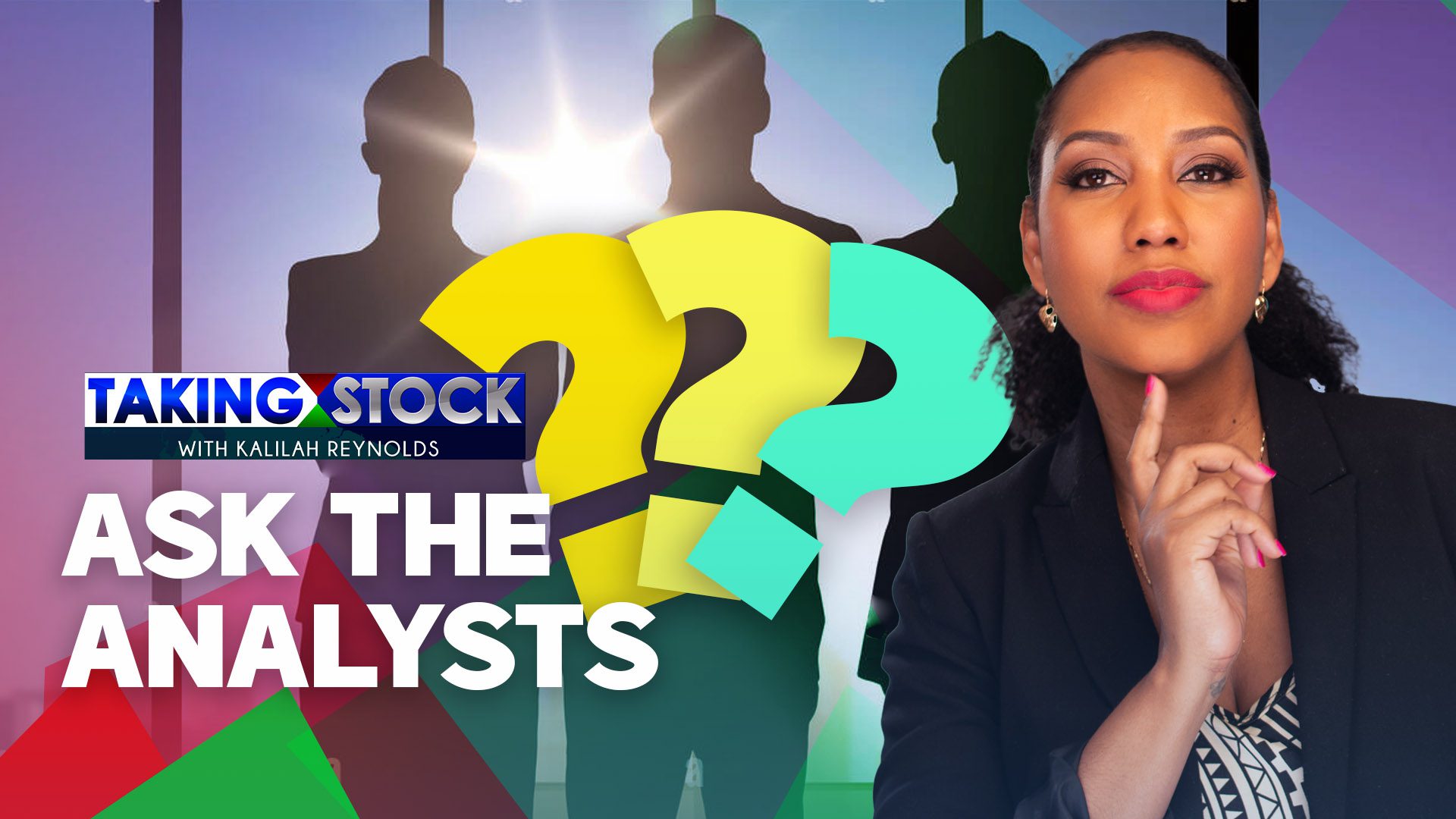

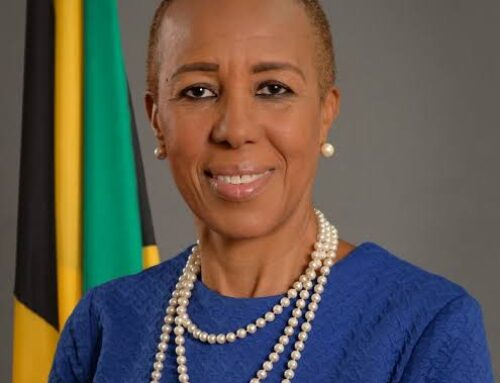



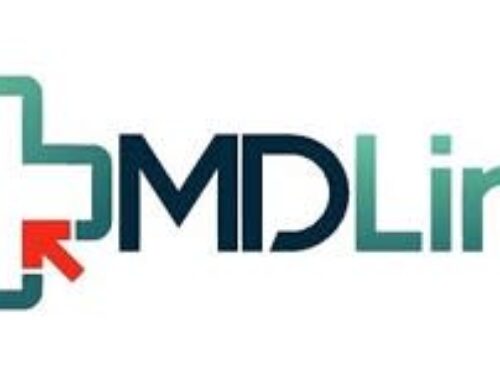
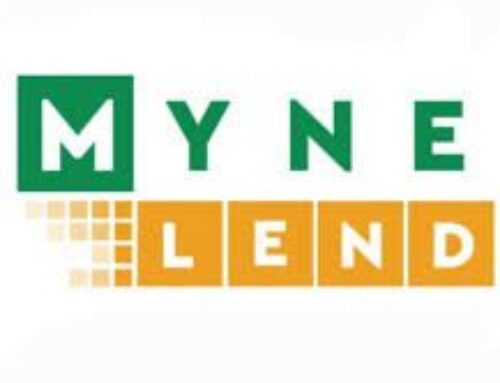
Leave A Comment